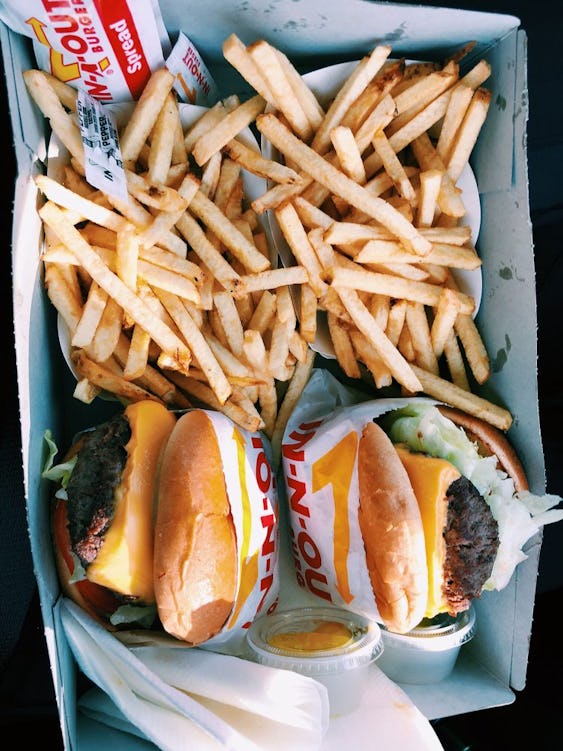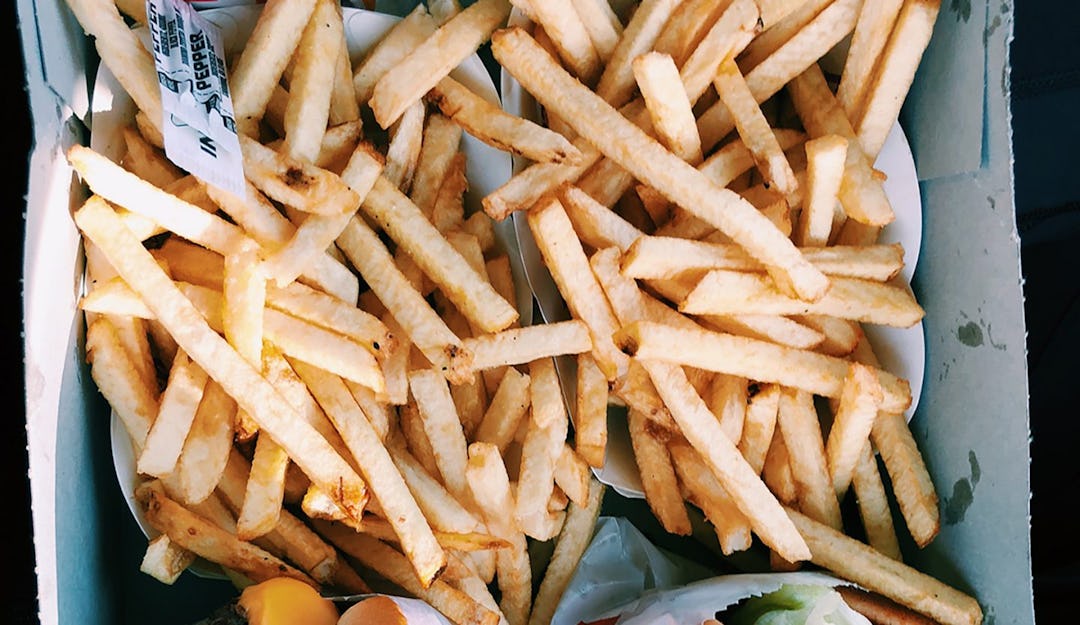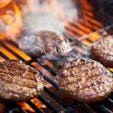For many people, food is a source of comfort or even a way to self-medicate in trying times. The problem is, reaching for the wrong kind of food can make your troubles worse, promoting unfocused thinking, anxious feelings, or even outright sadness. Here are four foods you should avoid to keep woes at bay.
1. Fast Food

You already know it’s not healthy, but the convenience of a drive-thru window when you’re tired and feeling lazy can be too much to resist. Try to anyway. A Spanish study showed that eating fast food can increase the risk
of depression by 51%. Foods such as processed baked goods, hamburgers, hot dogs, and pizza were cited in particular. This echoes the findings of an Australian study that concluded: “Those with better quality diets were less likely to be depressed, whereas a higher intake of processed and unhealthy foods was associated with increased anxiety.”
2. Coffee

It might seem like not being able to get coffee when you really need it would add to your stress, but it could actually be the best thing for you. If you’re the type who relies on copious amounts of caffeine to get focused and face the day, the stimulant effect can make any agitation you’re already feeling significantly worse. A study in Psychosomatic Medicine had subjects perform a stressful task and found that people who drank 300 milligrams of
caffeine per day—about three cups of coffee, or what you’d get from a grande at Starbucks—reported having more than double the stress response of a control group. Furthermore, the researchers said that habitual caffeine use wouldn’t necessarily improve tolerance to these effects.
3. Non-Dairy Creamer

OK, we can accept that we may not be able to get you to ditch coffee, but at least consider giving up any non- dairy creamers you use in it (except for MCT oil, which has all kinds of benefits). Most milk/cream substitutes contain hydrogenated oils that negatively affect cholesterol levels and have been linked to depression, anxiety, and overall poorer mental performance. Don’t be fooled by labels: a nutrition panel might claim “0 grams” trans fats, but if you see “partially-hydrogenated oils” on the label, they’re in there in small amounts. If you drink multiple coffees with a serving of creamer
each time or use numerous servings in a cup, trace amounts of trans fats will add up to something significant fast—and it doesn’t take much to do your body damage. The government recommends no more than 2 grams per day.
4. Soda

Cracking open a cold soft drink is associated with chilling out and feeling good (or at least that’s what TV commercials would have you believe). The truth, however, is that consuming lots of sugar can make you feel worse—and not just because it makes you fatter.
Research from Emory University states that diets high in fructose can negatively affect behavior, and even worsen symptoms of depression and anxiety. Excess fructose is especially harmful for adolescents, whose brains are still developing. Fructose is the sugar found naturally in fruits and vegetables, but no one is suggesting curbing your intake of whole foods. The danger comes when fructose is consumed in large doses, and that’s easily done when eating processed foods and drinking soda.

)





